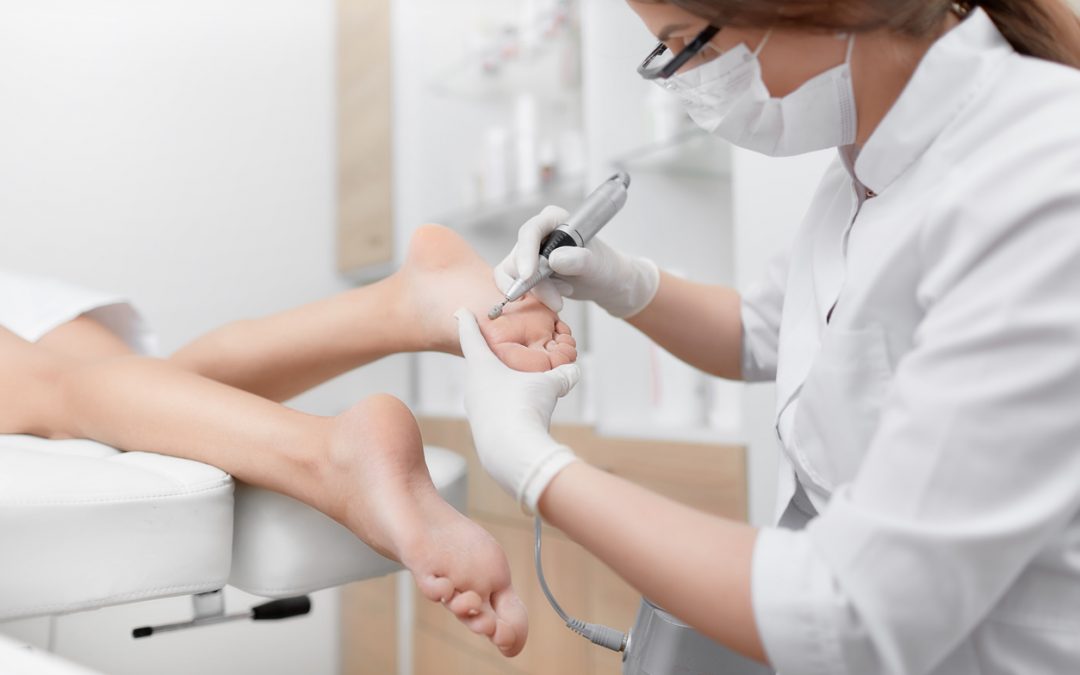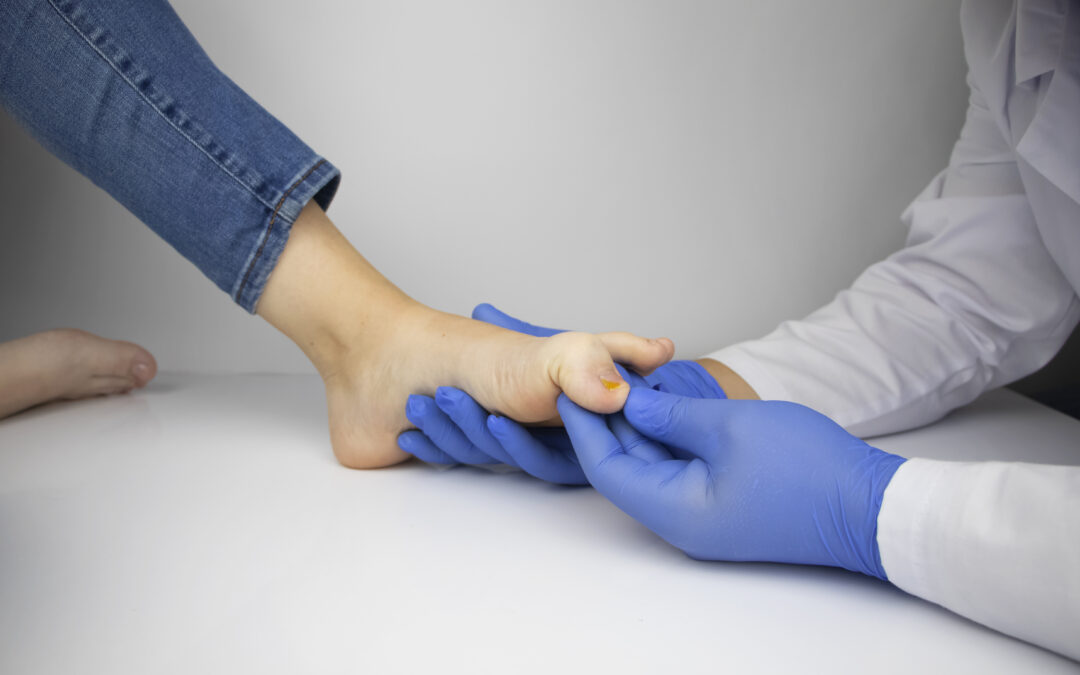Suffering from foot problems and finding it troublesome to carry out your daily routine? This means you should schedule an appointment with one of our podiatrists in Baltimore. But before that, here are some questions you may have about podiatrists:
What’s a Podiatrist’s Medical Education?
Talking about their medical training, podiatrists accomplish four years of study and training in podiatric medical school. Then they gain experience in at least three years of residency training in hospitals and clinics. They are certified by the American Board of Podiatric Medicine once they pass all their exams. Most podiatrists also specialize in foot surgery and must have a licence to do so.
What Do Podiatrists Specialize In?
Podiatrists usually are specialists in foot and ankle injuries, foot surgery, wound care treatment, diabetic foot treatment, ingrown toenail surgery, and other forms of foot care as well. You might as well go for a monthly or a yearly check up even if you feel there is nothing wrong. They can peel off hard skin off your feet and groom your toenails properly. And that’s not all – they will also advise you on what shoes are best for your specific feet as well!
What Common Foot Problems Do Podiatrists Treat?
Common problems that podiatrists deal with include ingrown toenails, blisters, warts, corns, calluses, bunions, nail infections, foot infections, smelly feet, heel pain, heel spurs, dry or cracked skin on your heels, flat feet, hammertoes, neuromas, sprains, foot arthritis, foot injuries, foot ligament or muscle pain. Other specific issues they focus on include tumors, wound care, fractures of broken bones, ulcers, walking patterns etc. If you have a problem with your foot or ankle, chances are that your local podiatrist in Baltimore can help you out.
While we’re on the topic of common foot problems, here are some risk factors that can trigger common foot issues: obesity, arthritis, diabetes, heart diseases, high cholesterol, wearing shoes that don’t fit properly or lack sufficient support, etc. A podiatrist should ask you about your lifestyle habits and any known chronic illnesses so that he/she will be able to focus on the source of the issue and reach a diagnosis and plan of treatment.
Why Do I Need to See a Podiatrist?
If you’re considering seeing a podiatrist in Baltimore, here are a few reasons that should help you realize your need to schedule an appointment with them:
- If you are having pain in your foot, the podiatrist will help you discover the source of the issue so that you can properly treat the issue and heal. Take an ingrown toenail infection for example. Some people try ignoring it, hoping it will go away. When instead, the doctor can simply surgically remove a sliver of the nail at the corner so that you toe won’t become inflamed like that again.
- Flat feet are also a common issue podiatrists deal with. A podiatrist will take molds of your feet to make custom foot support shoe inserts for you called orthotics.
- Have diabetes? It’s wise to schedule routine visits to the podiatrist to treat numbness, pain, and open wounds such as ulcers on your feet and legs. Here are the diabetic foot care treatments that are best left to your podiatrist – aka, don’t try this at home.
No matter what your foot and ankle problem may be, Podiatry Associates can help are the best podiatrists in Baltimore. They have been providing quality foot care services for decades. Check out our list of podiatry office locations in Baltimore and surrounding areas and schedule your appointment today. Feel free to call our scheduling office to discuss your specific situation: (833) 500-FEET.
Time to See a Podiatrist?
If you have any of the issues described above, it’s time to consult an expert. Connect with Podiatry Associates for an evaluation. All of our doctors are board certified/qualified and we’re dedicated to preserving your foot health.
Bookmark this Event





